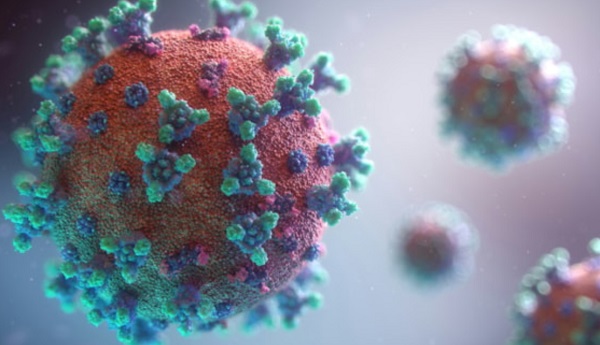
On Thursday 10 April 2025, the Luxembourg Institute of Health (LIH) and the Luxembourg Centre for Systems Biomedicine (LCSB) issued a press release with details about a new project that investigates the gastrointestinal (GI) impact of SARS-CoV-2 and its link to Long COVID.
The COVID-PATH project officially launched on 12 March 2025. This three-year International Collaborative Research Project (PRCI) brings together the Joliot Institute of the French research organisation CEA, the LIH and the LCSB at the University of Luxembourg. Co-led by Dr Lucia Grenga (CEA) and Prof. Markus Ollert (LIH), and involving the group of Prof. Paul Wilmes at LCSB, this ambitious project has been awarded €1.16 million in co-funding from the French National Research Agency (ANR) and the Luxembourg National Research Fund (FNR).
Since the onset of the COVID-19 pandemic, growing evidence suggests that the gastrointestinal tract acts as a key player in disease severity and long-term health outcomes. Research, including previous findings from the project's partners, indicates that even mild or asymptomatic COVID-19 cases face a substantial risk of developing Long COVID. The LIH and the LCSB added that, given the gut microbiome's fundamental role in immune regulation and overall health, COVID-PATH will employ advanced metagenomics, metaproteomics and immune profiling to investigate how SARS-CoV-2 infection in the GI tract contributes to microbiome dysbiosis, intestinal barrier dysfunction and dysregulated immune responses.
The project reportedly takes a human-centric, data-driven approach, analysing biological samples collected in Luxembourg during the pandemic to deepen understanding of COVID-19 pathophysiology. By uncovering the early mechanisms underlying Long COVID, COVID-PATH aims to identify biomarkers of disease progression, paving the way for targeted prevention and intervention strategies and ultimately offering hope for more effective treatments and improved long-term outcomes for patients.
"A project like COVID-PATH, which explores the intricate interplay between the gut microbiome, SARSCoV-2 infection and immunity, is crucial for both fundamental research and informing future medical strategies", noted the project leaders








